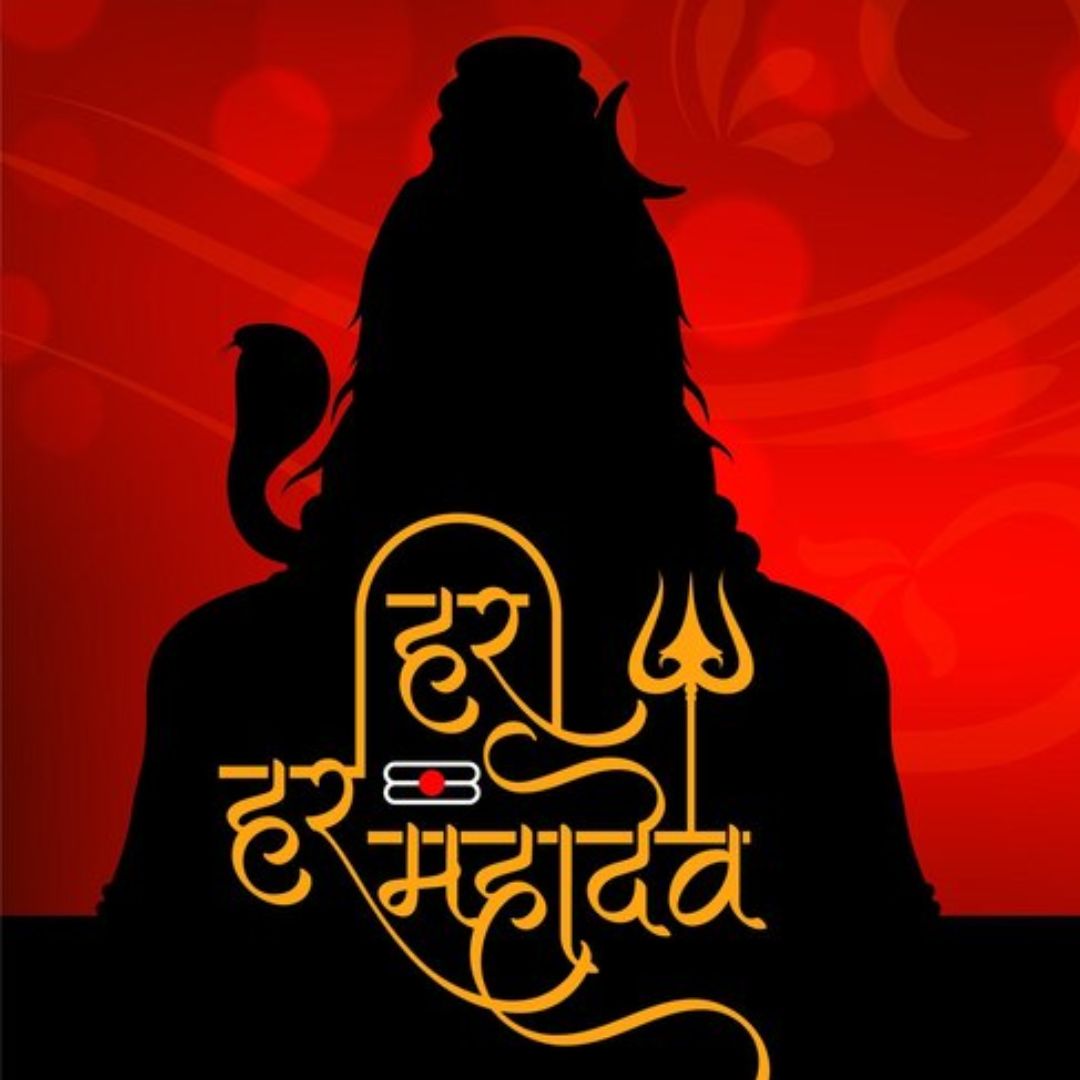- By Kashish Rai
- Sun, 20 Jul 2025 02:11 PM (IST)
- Source:JND
Second Sawan Somwar 2025: The month of Shravan is a divine opportunity to seek blessings from Lord Shiva, considered the most revered deity. Worshipping him during this auspicious period is believed to yield favourable results. The entire month is dedicated to Lord Shiva, with the Shravan Somvar fast being a significant ritual. Women observe this fast on Mondays to ensure a safe and protected household, while unmarried girls seek an ideal partner. By devotion and fasting, they invoke Lord Shiva's blessings, bringing peace, prosperity, and happiness into their lives. This year, the second Sawan Somwar vrat falls on 21st July 2025.
Check out all the significant details about the date, shubh muhurat, significance and rituals associated with this day below:
Second Sawan Somwar 2025: Date And Shubh Muhurat
- Second Sawan Somwar 2025 Date: 21st July 2025, Monday
- Brahma Muhurat: 04:14 AM to 04:55 AM
- Pratah Sandhya: 04:35 AM to 05:36 AM
- Sarvartha Siddhi Yog: Whole Day
Second Sawan Somwar 2025: Significance
Observing Sawan Somvar fasts is believed to be highly beneficial, especially for unmarried girls seeking their desired partner. By worshipping Lord Shiva and observing the fast, devotees can achieve their desired results and see their dreams come true. The significance of this fast lies in its ability to bring about positive change and grant wishes. According to legend, the Sawan Somvar Vrat is observed in honour of Lord Shiva, who consumed the deadly poison Halahala to save the world from destruction.
The legend of Samudra Manthan highlights Lord Shiva's role in saving the universe from the deadly poison. As he consumed the poison, his throat turned blue, earning him the title Neelkanth. To this day, devotees offer holy water to the Shiva Lingam during Shravan, especially on Mondays, to soothe the burning sensation caused by the poison. This act of devotion is a way to express gratitude and seek Lord Shiva's blessings. By observing Sawan Somvar Vrat, devotees demonstrate their reverence and faith in Lord Shiva's power to protect and grant blessings.
ALSO READ: Why Tulsi Leaves Are Not Offered To Lord Shiva? Know Lesser-Known Legend

Sawan Somwar is a sacred Monday fast in the Shravan month, dedicated to Lord Shiva. Devotees observe this fast to seek blessings, peace and prosperity. (Image Source: Freepik)
Second Sawan Somwar 2025: Rituals
During Shravan Somvar, devotees observe various types of fasts, ranging from strict nirjala vrat without food or water to phalahari vrat with fruits or ekabhukta vrat with one meal a day. This spiritual discipline is believed to purify the body and mind, bringing devotees closer to Lord Shiva's divine energy. By abstaining from worldly pleasures, they focus on their spiritual growth and seek Lord Shiva's blessings. The fast typically begins at sunrise and continues until sunset, with many devotees spending the day in prayer and meditation. This act of self-discipline is a way to demonstrate devotion.
In Shiva temples, devotees perform rituals like abhishekam, bathing the Shiva Lingam with sacred substances such as water, milk and honey, often accompanied by Vedic chants. Rudra Abhishekam is a special and elaborate form of this ritual. Devotees also offer bilva leaves, white flowers, and fresh fruits to Lord Shiva, creating a divine atmosphere with incense and lamps. These offerings symbolise devotion and gratitude, seeking Lord Shiva's blessings and protection. The rituals are often performed with great reverence, reflecting the deep connection between the devotee and the deity. Temple visits are an integral part of the observance.
ALSO READ: How Are Sawan Shivratri And Mahashivratri Different From Each Other?
Devotees chant powerful mantras like "Om Namah Shivaya" and the Maha Mrityunjaya Mantra, believed to bestow longevity and protection. These mantras are recited with deep devotion, creating a spiritually uplifting atmosphere. Bhajans and kirtans are sung in praise of Lord Shiva, further enhancing the spiritual experience. By wearing rudraksha and focusing on Lord Shiva, devotees seek his divine blessings and protection. This observance is a way to connect with the divine, seeking peace, prosperity and spiritual growth.
(Disclaimer: This content includes advice providing generic information only. It is in no way a substitute for qualified spiritual or astrological opinion. Always consult a specialist for more information before adopting any measures.)

